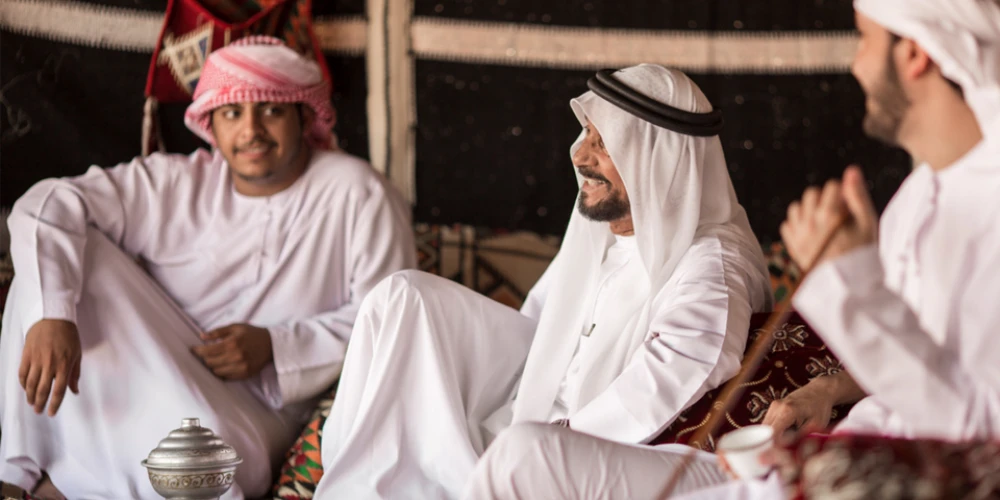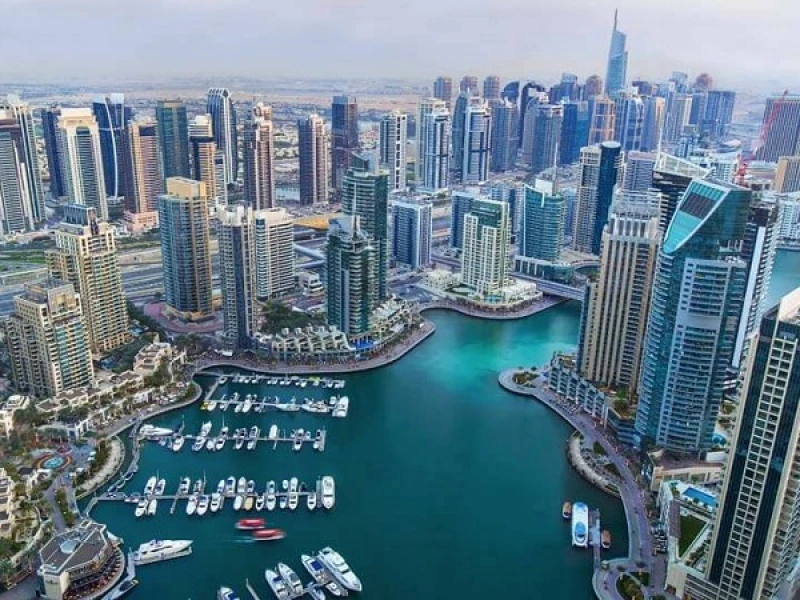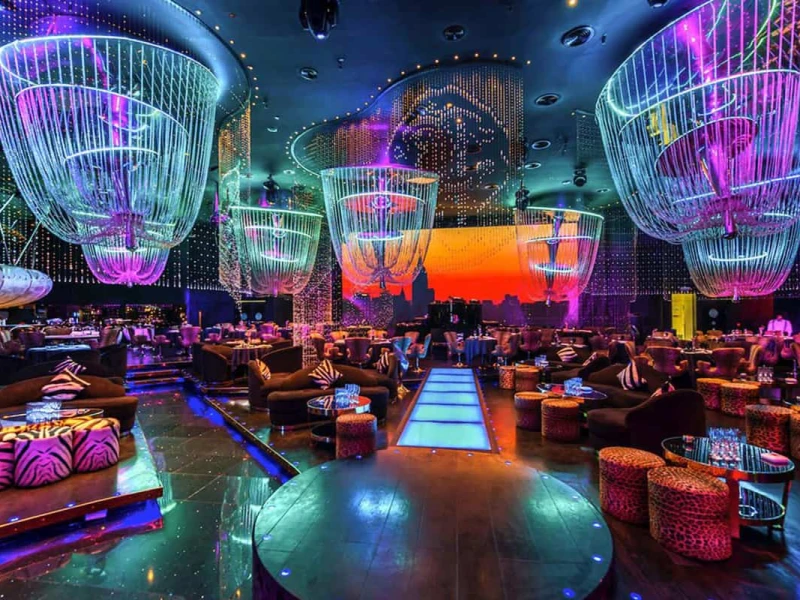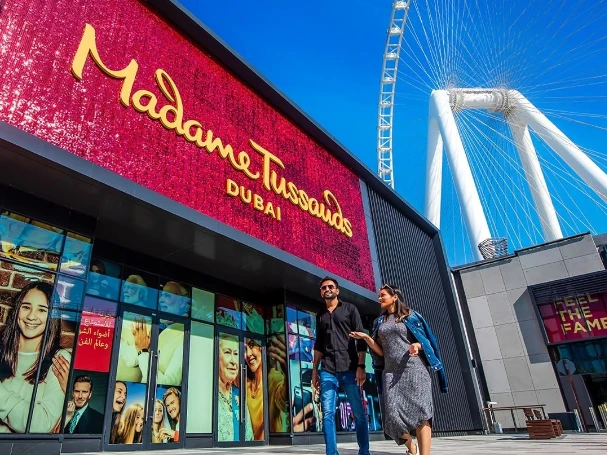
The history and culture of the people of Dubai
The history and culture of Dubai is deeply rooted in Islamic traditions. It is important to note that when you visit Dubai as a tourist, you are expected to respect the culture of the people of this city and behave accordingly because the people of the UAE are very committed to their Islamic culture and traditions.
The city of Dubai is known as the entertainment capital of the Middle East and attracts lovers of Arabic clubs in Dubai from all over the world, especially those who are rich enough to visit the most expensive places in the city. While Dubai has created this image for tourists, the country's Muslim citizens are still not allowed to do many activities. Hence, these services are often located in tourist areas rather than residential areas.
In the 18th century, Dubai was just a small fishing village, but it gradually became a center for the pearl diving industry. Dubai had extensive business knowledge and families also tried to reduce taxes, thus attracting millions of foreign businessmen to trade with this technique. Later in the 20th century, the city expanded further and became a re-export center between India and Iran. It also benefited from the benefits of the oil industry in the late 20th century. This motivated Dubai to focus more and more on trade to attract investment, channeling surplus oil into infrastructure projects such as dry docks, international airports, and business centers. In the early 90s, the face of the city changed and the luxury tourism industry, financial sectors and real estate developed. This development required highly skilled and educated professionals and many people immigrated to Dubai mainly for two reasons: stable politics and tax-free salaries. Many immigrants from Bangladesh, Pakistan, India, Mongolia, etc. migrated to Dubai. It is known as a cosmopolitan city and is one of the liberal economic hubs in the western region of India. The UAE mainly follows the tradition and religion of Arab culture, Bedouin and Islam. The influence of Arabic and Islamic culture is also prominent in its music, clothing, architecture, lifestyle and cuisine. Arabs in Dubai, like Muslims, pray five times a day according to the norms of Dubai. Dubai is relatively liberal compared to other UAE and Arab countries. But this city completely follows Islamic laws and the same rules apply to all visitors. Islam is the official religion of Dubai. Therefore, travelers should not voice their opinions on this matter and refrain from any long conversations about politics, negativity or the current government. Try to have light and simple conversations so that there is no problem while you are in Dubai. During Ramadan, which is the fasting month, residents and visitors cannot eat in public places from sunrise to sunset. Visitors should eat their meals only in private. Showing affection in public is also prohibited. Any sexual acts in public places can lead to expulsion and imprisonment. Any sexual acts in public places can lead to expulsion and imprisonment. Also, sexual relations between unmarried couples and homosexuality are considered crimes. Tourists must follow all these rules and regulations.
Women must dress in public areas, especially in Karama areas such as Bur-Dubai and Deira. Also, it is not acceptable to wear bikinis and swimwear on the beaches or pools of Dubai or the Dubai Water Park. Consumption of alcoholic beverages is prohibited in Dubai and is allowed only in areas approved by the sheiks, but generally, stores or supermarkets are not allowed to sell alcoholic beverages. If you want to keep alcohol in your home, you must have a license. In addition, drinking alcohol in public is strictly prohibited. Nightclub Dubai also has its own special rules that you must be aware of before attending.
Mohammed bin Rashid Al Maktoum is the current Sheikh of Dubai. The Sheikh of the Emirates is an important person with a lot of wealth, oil and power. The people of Dubai have a lot of respect for the Sheikh and you can come across his posters everywhere in Dubai. Weekends in Dubai are different from the Western world. Friday and Saturday are weekends in Dubai and most places are closed on Friday. Many traditions such as belly dancing, henna tattoos, camels, lamps, and sitting and eating on pillows on the floor are related to Arabic culture and tradition.
Hospitality is important in everyday Emirati culture, and drinking Arabic coffee is part of hospitality. This aromatic coffee is made with cloves, cardamom, cumin and saffron and is poured from the Dala pot into small cups. Usually, in any formal meeting, you are invited to, you will be welcomed in a comfortable meeting space that is traditionally used to host guests and meet friends with coffee and dates.
Poetry is in the Arabic tradition, rooted in nomadic Bedouin culture, where it is used to tell stories, address issues in society, entertain guests, or entertain them on desert journeys. There are two types of poetry: Nabati and al-Taghrudah. Nabata's conversational poetry is simple and direct, while al-Taghrudah is a poem performed between two people. Sometimes poetry reading is accompanied by Al-Ayala folk dance, which is traditionally performed in celebrations. Men hold staffs and dance in rows to a steady drum to express unity.
These days water sports, motor sports, and wilderness adventures are a big part of the local weekend culture, along with tennis, golf, soccer, and rugby. There is the opportunity to participate in traditional Emirati heritage sports that stem from hunting and survival, including falconry, camel racing and equestrian sports.
The official language of Dubai is Arabic. However, most people communicate in English both inside and outside the workplace.
Source:
https://www.emirates.com/ir/english/discover-dubai/dubai-culture-and-tradition/














Reviews
Please submit your comment.
It will be displayed after the approval of admins.
To do this, please login first
No comment submitted yet